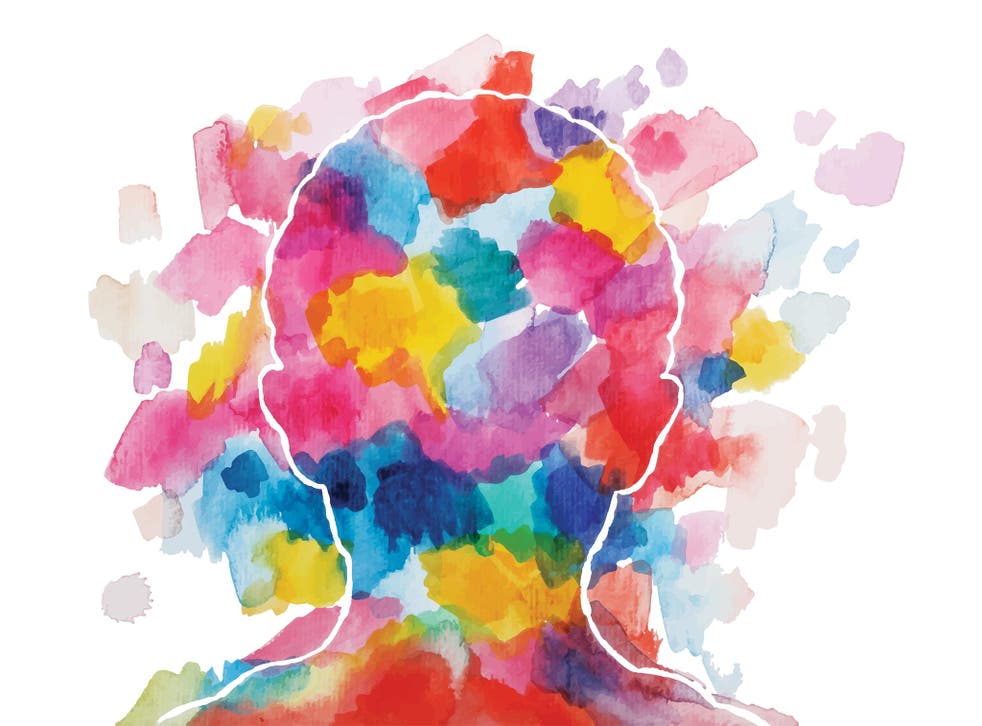
Mind Matters: Navigating the Maze of Mental Health

Mental health is an integral and profound component of our overall well-being. It encompasses our emotional, psychological, and social state, shaping how we think, feel, and act in our daily lives. Just as we prioritize our physical health by exercising and eating well, it is equally important to nurture and safeguard our mental well-being.
Amid the complexities of modern life, navigating the maze of mental health can prove to be a challenging journey. From stress and anxiety to depression and more severe conditions, the landscape of mental health is vast and multifaceted. It requires understanding, compassion, and often professional support to help individuals manage their mental health effectively.
The Importance of Mental Health Awareness
Mental health plays a crucial role in our overall well-being. It affects how we think, feel, and act in our daily lives. Without a strong awareness of mental health, individuals may struggle to identify and address issues they may be facing.
Increased mental health awareness can help reduce the stigma surrounding mental health conditions. By educating ourselves and others about mental health, we can promote understanding, empathy, and support for those experiencing mental health challenges.
Furthermore, being aware of our own mental health can empower us to take proactive steps in managing our well-being. By recognizing the signs of stress, anxiety, or depression, individuals can seek the necessary help and resources to maintain a healthy state of mind.
Common Mental Health Disorders
Therapy Trainings
Anxiety Disorders are one of the most prevalent mental health disorders, affecting millions of individuals worldwide. Symptoms may include excessive worrying, panic attacks, and intrusive thoughts that disrupt daily life.
Depression is another common mental health disorder that can manifest as persistent feelings of sadness, loss of interest in activities, and changes in sleep or appetite. It is important for individuals to seek support from mental health professionals to address and manage depressive symptoms effectively.
Post-Traumatic Stress Disorder (PTSD) is a mental health condition that can develop after experiencing a traumatic event. Symptoms may include flashbacks, nightmares, and emotional distress. Seeking therapy and support groups can aid individuals in coping with and recovering from PTSD.
Effective Coping Strategies
During challenging times, it is important to prioritize self-care and mental well-being. Engaging in activities such as mindfulness meditation, deep breathing exercises, and yoga can help calm the mind and reduce feelings of stress and anxiety.
Maintaining a strong support system is crucial for managing mental health. Connecting with friends, family members, or a therapist can provide comfort, guidance, and perspective during difficult times. Sharing thoughts and emotions with someone who listens without judgment can be immensely beneficial.
Practicing gratitude and focusing on the positives in life can shift perspective and improve overall mental well-being. Keeping a gratitude journal, expressing appreciation, and acknowledging small victories can foster a sense of contentment and resilience in the face of adversity.



